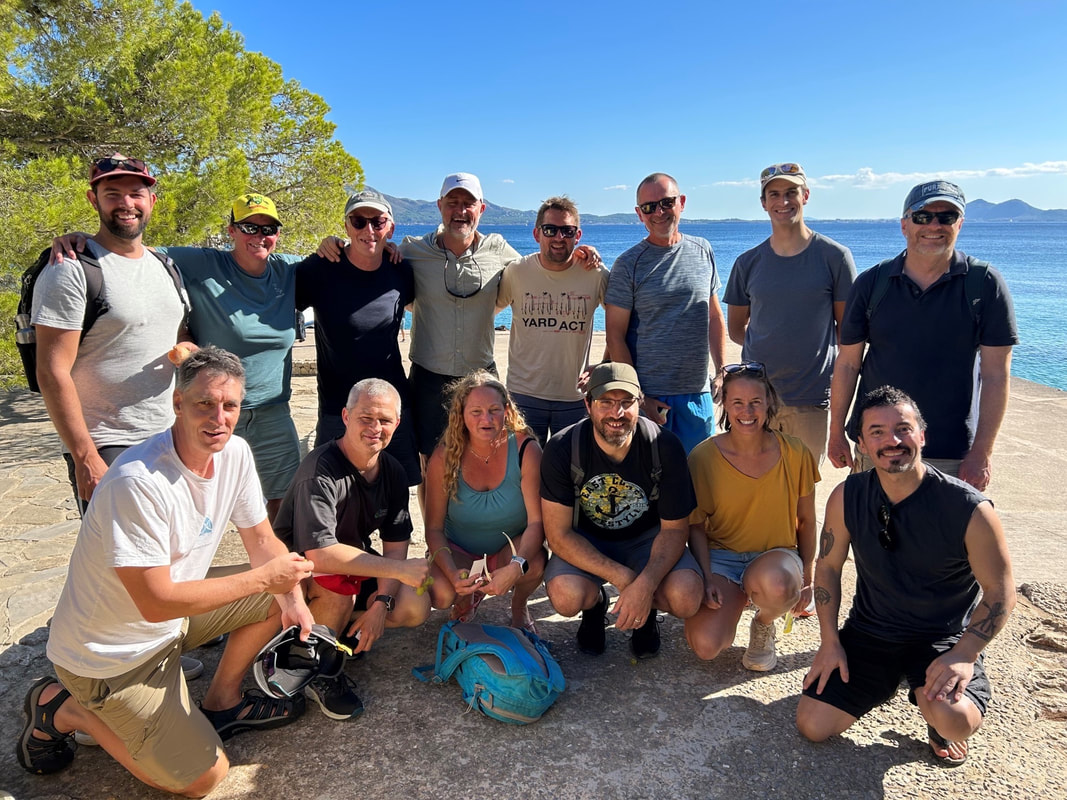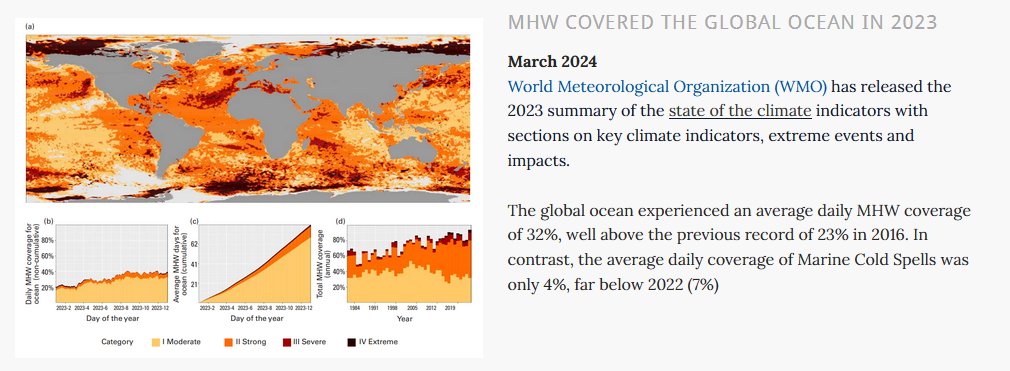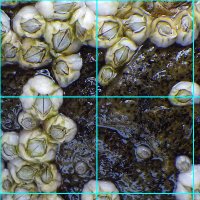
Michael Burrows
@michaeltburrows
Marine ecologist, predators, prey, grazers up to communities and ecosystems. Climate change impacts, things moving around and stuff
ID: 23924530
http://www.sams.ac.uk/michael-burrows 12-03-2009 09:20:58
147 Tweet
614 Followers
330 Following
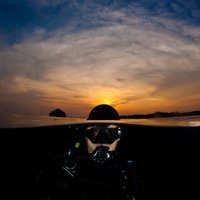


Society needs to efficiently adapt to interacting anthropogenic and natural pressures. Doing so will require expanded monitoring of species’ population trends 🐟🐠🐡🦀🐙🦈🦞🐚🪸Check out our paper out in #Nature today led by Graham Edgar Reef Life Survey nature.com/articles/s4158…

New #AWI study: The #ClimateCrisis and #BiodiversityCrisis can’t be approached as two separate things. Hans Poertner awi.de/en/about-us/se… 📸Jaroslav Obu

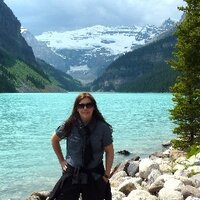
Just in time for Earth 🌍 Day! Great to see our piece on climate biodiversity linkages published, led by Hans Poertner and including David Obura Hien Ngo @unaipasku @sarah_e_diamond and others!

The 2nd international #BlueCarbonScot project ‘Blue Forests’ funded by Scottish Government has been published. The report brings together insights on seaweed aquaculture & potential carbon offset strategies. Dr Alasdair O'Dell Scottish Association for Marine Science explains more: ow.ly/YcNh50P3IaY
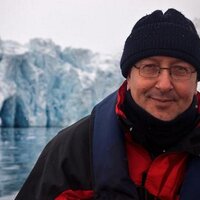

📢New podcast out now! Feeling the heat: Marine heatwaves on the rise This year, large parts of the ocean have been at a state of near permanent heatwave. Find out more, with Michael Burrows and Dr Sam Jones. Download from streaming platforms or buzzsprout.com/1080152/136118…
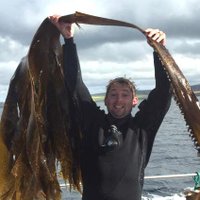
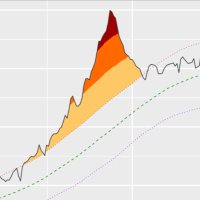



Our new study published today in Nature Communications examined links between marine heatwaves (MHWs) and the health of foundation species (corals, kelps, seagrass) across the global coastal ocean rdcu.be/dKHfN (1/n)
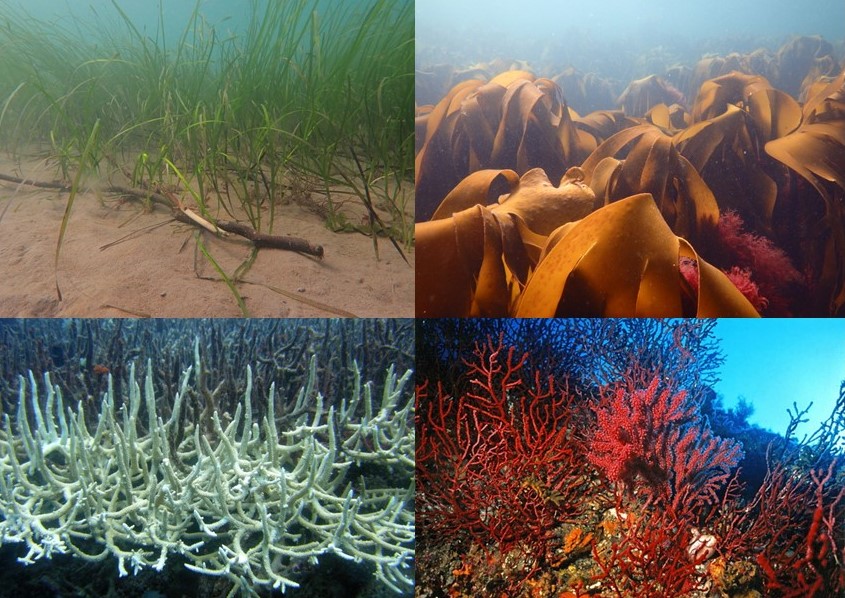

Nature Communications Thomas Wernberg Katie Smith Karen Filbee-Dexter Nathan King Alistair Hobday Pippa Moore Michael Burrows MBA - Marine Biological Association UK Research and Innovation We looked at rates of bleaching/mortality and changes in cover/density of foundation organisms following strong summertime MHWs in in 1,322 areas located across 85 marine ecoregions. (2/n)


Nature Communications Thomas Wernberg Katie Smith Karen Filbee-Dexter Nathan King Alistair Hobday Pippa Moore Michael Burrows MBA - Marine Biological Association UK Research and Innovation In general, MHWs had major negative impacts on foundation species, resulting in widespread declines in ecological health, which likely affected associated communities, local biodiversity and ecosystem service provisioning (3/n)

Nature Communications Thomas Wernberg Katie Smith Karen Filbee-Dexter Nathan King Alistair Hobday Pippa Moore Michael Burrows MBA - Marine Biological Association UK Research and Innovation However, we found lots of variability and complexity in response patterns. A key factor related to the location of an impacted population within that species thermal range. With declines at warm range edges and some increased toward cold edges. (4/n)


Nature Communications Thomas Wernberg Katie Smith Karen Filbee-Dexter Nathan King Alistair Hobday Pippa Moore Michael Burrows MBA - Marine Biological Association UK Research and Innovation Also MHW properties were important, with greater max/cumulative intensity associated with greater declines in seagrass/kelp and absolute temp more important for corals. (5/n)

Nature Communications Thomas Wernberg Katie Smith Karen Filbee-Dexter Nathan King Alistair Hobday Pippa Moore Michael Burrows MBA - Marine Biological Association UK Research and Innovation Responses to MHWs have become more negative through time, indicating cumulative stress in systems and more intense MHWs in recent years. This will likely continue. Better conservation/management needed to protect delivery of ecosystem services(6/6) #climatechange #marineheatwaves


